Updated for 2020-2021
If you love our planet and believe in making big ideas happen, you are already part of an international movement that can and will stop global warming. On study abroad, you can help reverse the effects of climate change alongside scientists, policymakers and fellow innovators. You can take action to conserve, protect and sustain the most precious natural resources on our planet this year.
Here are the study abroad programs that can help you stop climate change.
Explore tropical biodiversity and conservation in Costa Rica
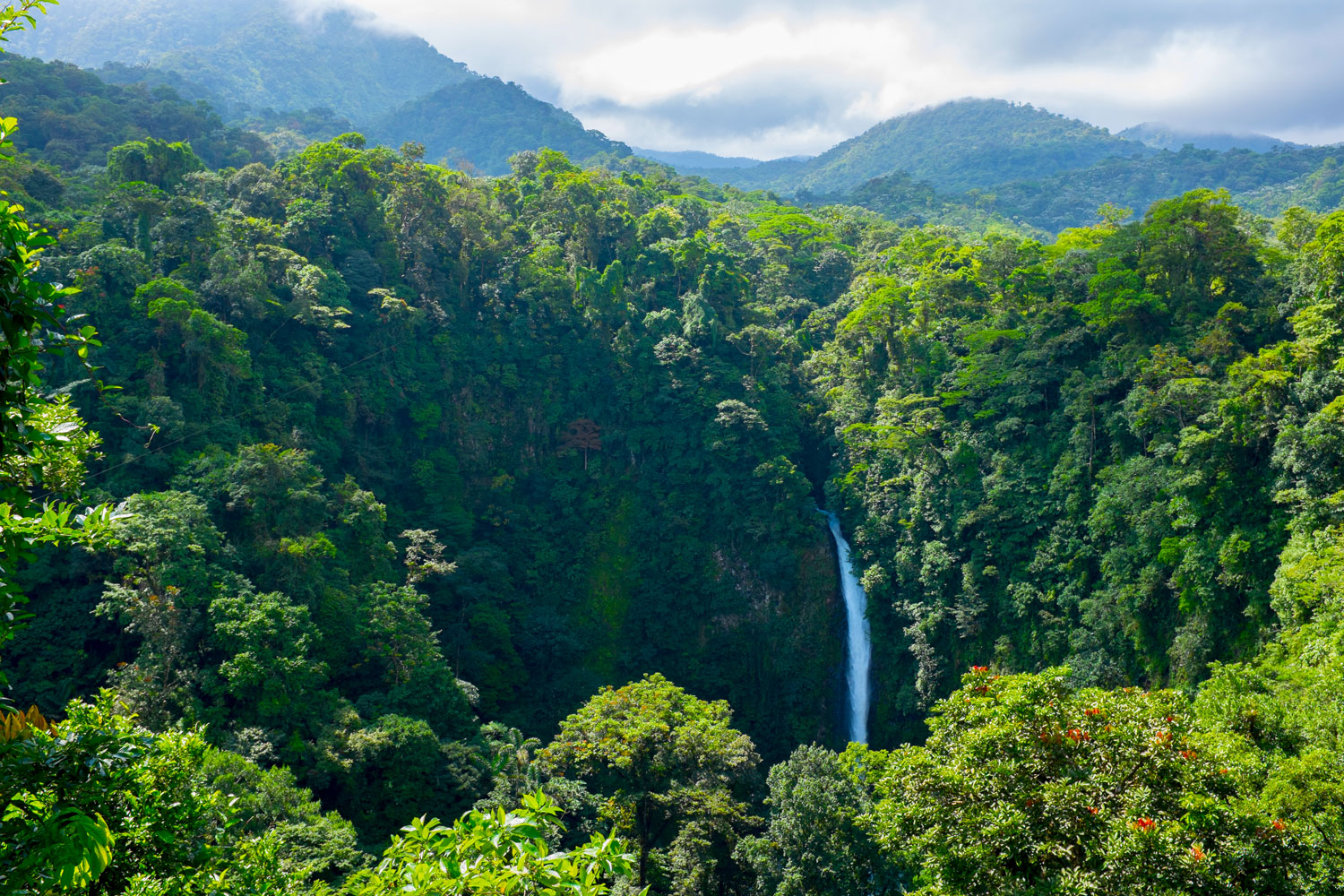
Forests, both wet and dry, marine habitats and cloud forests deliver a spectacular place to study biology. In these environs, conservation and sustainability is second nature. Explore the Monteverde Cloud Forest Reserve and the Bosque Eterno de los Niños, where thousands of plant and animal species make their home.
What you can do:
- Take a foundational course on integrative biology
- Hike the cloud forest, camp in a national park and stay in a field station as a scientific field researcher
- Examine biodiversity in the tropics, the effects of rich diversity and causes of extinctions
- Measure the effects of sustainable forestry and conservation methods on food production
- Review the natural history of organisms from the perspective of a biodiverse community
Learn more about Tropical Biology and Conservation in Monteverde
Contribute to sustainable development in the Pacific Islands
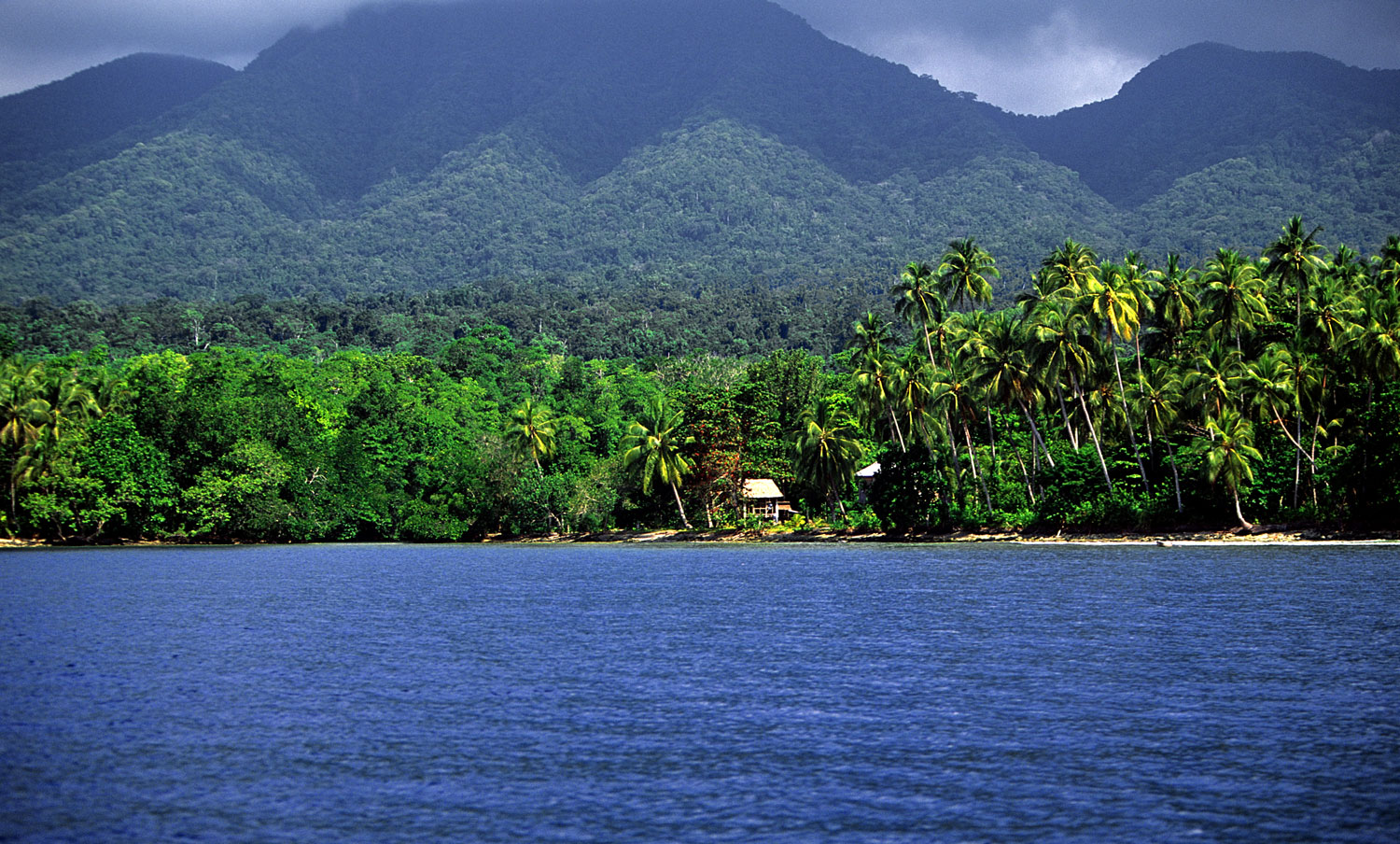
Native populations and development investors are placing heavy demands on the distinctly beautiful but ecologically fragile Pacific Islands. As a student field researcher, you can help create smarter, more sustainable development practices to protect the natural environment, biodiversity and local communities in the Solomon Islands.
What you can do:
- Conduct coastal water quality tests at the Moreton Bay Research Station on Australia’s North Stradbroke Island
- Assess marine pollution levels resulting from forestry and mining development
- Review local community health concerns, including E. coli counts, near the Matanikau River and the Honiara Hospital
Learn more about the Pacific Island Environment and Community Health program
Examine greenhouse effects and rescue sea turtles in Barbados
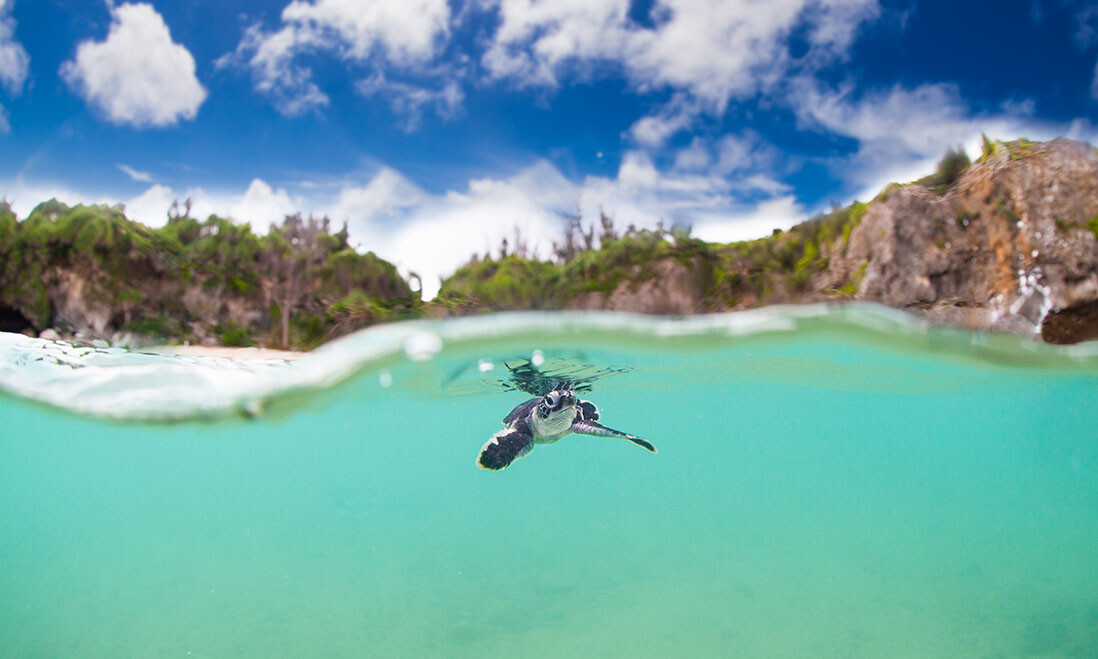
The University of the West Indies Cave Hill campus is taking a leading role in a number of current global environmental and ecological situations. Some of their initiatives include the invasion of Sargassum seaweed, what to do about the Giant African Snail, and the monitoring and conservation of migratory sea turtle populations.
What you can do:
- Investigate the effects of radiation, climate variability and greenhouse gases on the ocean’s composition
- Explore population growth, pollutants, land use and coastal zone practices as sources of environmental deterioration
- Get extensive training in effective sea turtle conservation techniques through the Barbados Sea Turtle Project
Learn more about study abroad at the University of the West Indies
Study climate change and nature conservation in New Zealand
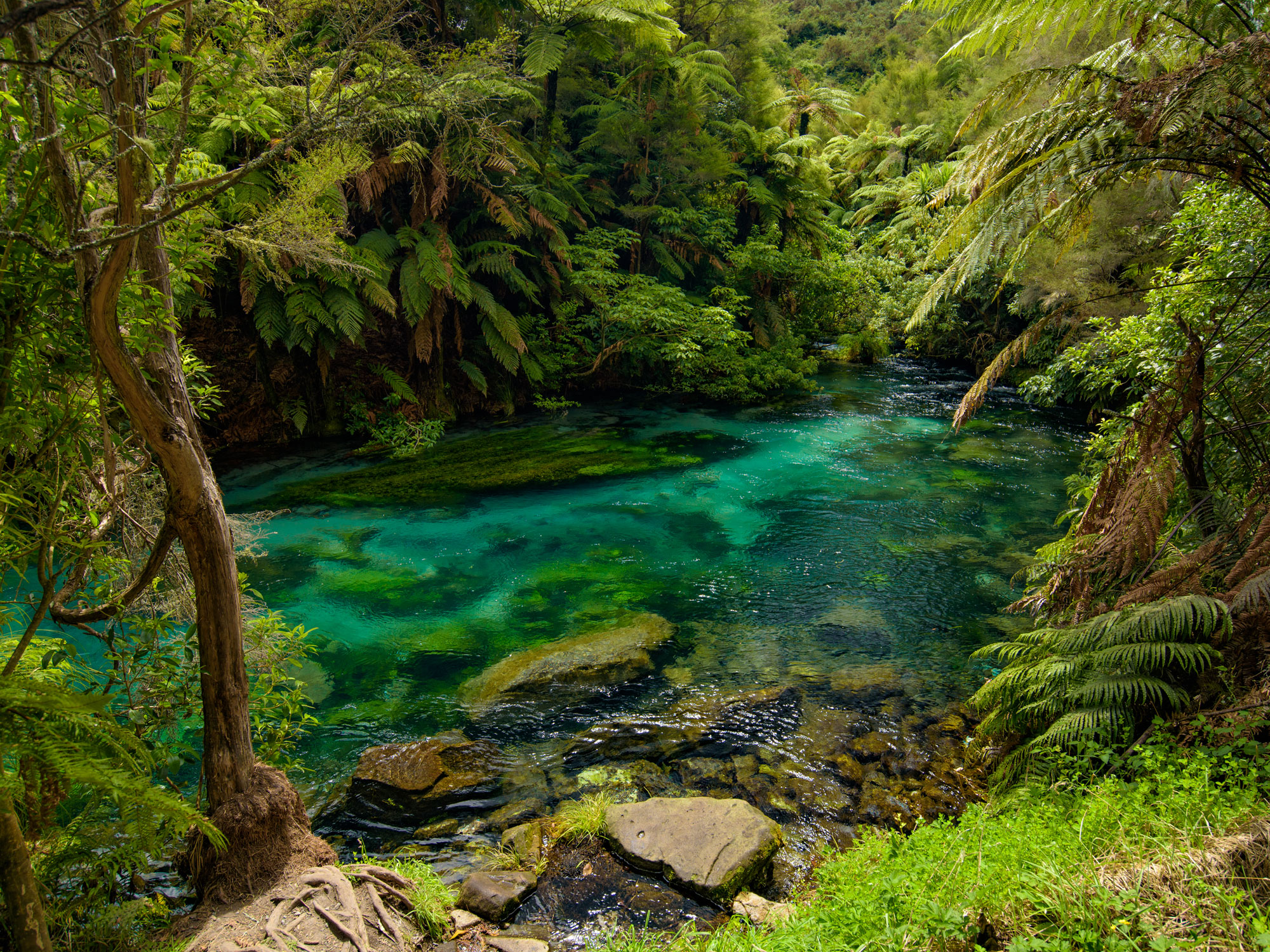
This study abroad program at the University of Waikato ranks top in the nation in ecology, biology, and environmental studies. Benefit from world-renowned researchers and enjoy practical lab time in a location that’s surrounded by lakes, rivers, and amazing ecosystems in the heart of the North Island.
What you can do:
- Learn from researchers and professors who are actively raising international awareness on climate change
- Research local freshwater ecosystems and marine environments
- Take field trips to the Raglan and Rotorua lakes as well as the Waingaro and Kaimai forests
Learn more about the University of Waikato program
Build a sustainability plan in southern Chile
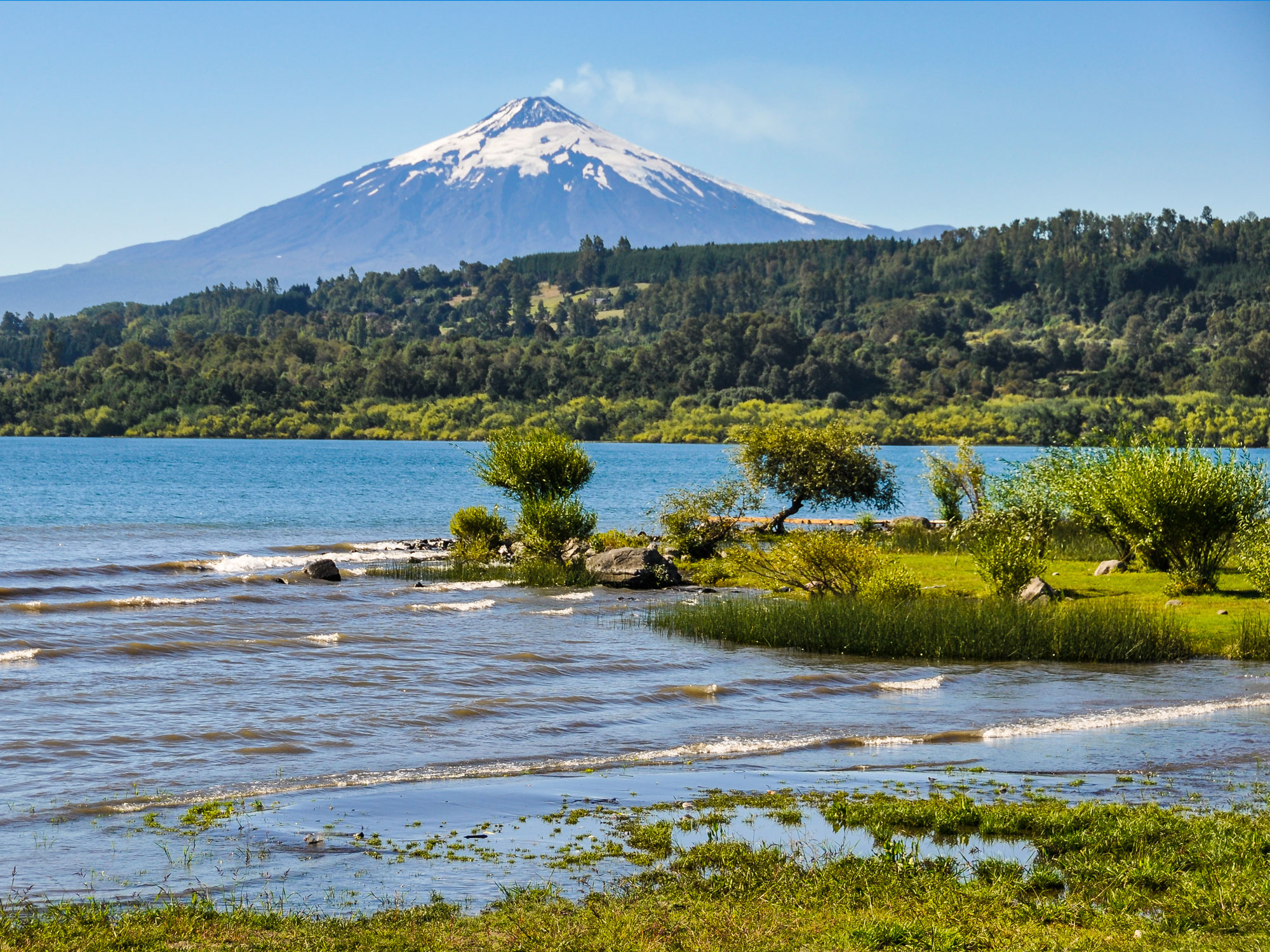
This program is designed around learning intensive field research methods in rural settings with stunning landscapes, ancient forests, and healing hot springs. Experience a wide range of ecosystems, outdoor learning environments, and field activities.
What you can do:
- Learn field methods to support future research projects
- Take fieldwork-based research trips into national parks and wilderness areas
- Study environmental management issues and practices of socio-ecological sustainability
Learn more about Socio-Ecological Sustainability in Chile
Solve sustainability challenges in Scotland
Sustainability is a key research interest at the University of St Andrews. The university offers the opportunity to take interdisciplinary courses in biology, geography, and management within an overarching sustainability theme designed to focus your attention on the connections. Earth and environmental science majors get access to hands-on experiences with advanced training in geological field methods.
What you can do:
- Hone your observational and map skills in focused excursions to geological locations such as the northwest highlands including the Moine thrust system, the Buchan and Barrovian metamorphic zones in the Dalradian terrane, and the Carboniferous sequences of northeast England and Fife.
- Analyze corporate sustainability ethics and the meaning, tensions, and conflicts of social responsibility.
- Gain experience working in an academic research team with criteria similar to those used to apply for a PhD.
Learn to solve sustainability challenges in Scotland
Plan sustainable policies in Iceland
The Icelandic government’s sustainability goals are integrated into its social, economic, and environmental policies with the focus on building a peaceful and just society, free of fear and violence. Iceland is a leading model in clean and efficient energy production and consumption, and home to some of the world’s best innovations in hydroelectricity and geothermal power.
What you can do:
- Organize and run workshops on topics related to sustainability.
- Take field trips to garbage and sewage treatment plants to capture microbial samples.
- Design a water supply system with risk analysis, quality control, and measures to prevent pollution.
Learn to plan sustainable policies in Iceland
Tackle marine litter and water pollution in the United Kingdom
Witness first-hand the changing landscape of Europe at the University of East Anglia (UEA) in Norwich, the only city in the UK to be in a National Park, the Norfolk Broads. UEA has pioneered climate research for nearly 50 years and is the university where leading climate researchers collaborate on solutions to minimize human impact on the Earth.
What you can do:
- Study sea ice growth and decay in the only air-sea-ice chamber in the world.
- Take field trips to environmental centers, fisheries, and aquariums to study the effects of pollution.
- Do marine science research using the university’s fleet of marine autonomous vehicles.
- Visit the atmospheric observatory where a carbon observation system collects data on the cycles of carbon and other greenhouse gases.

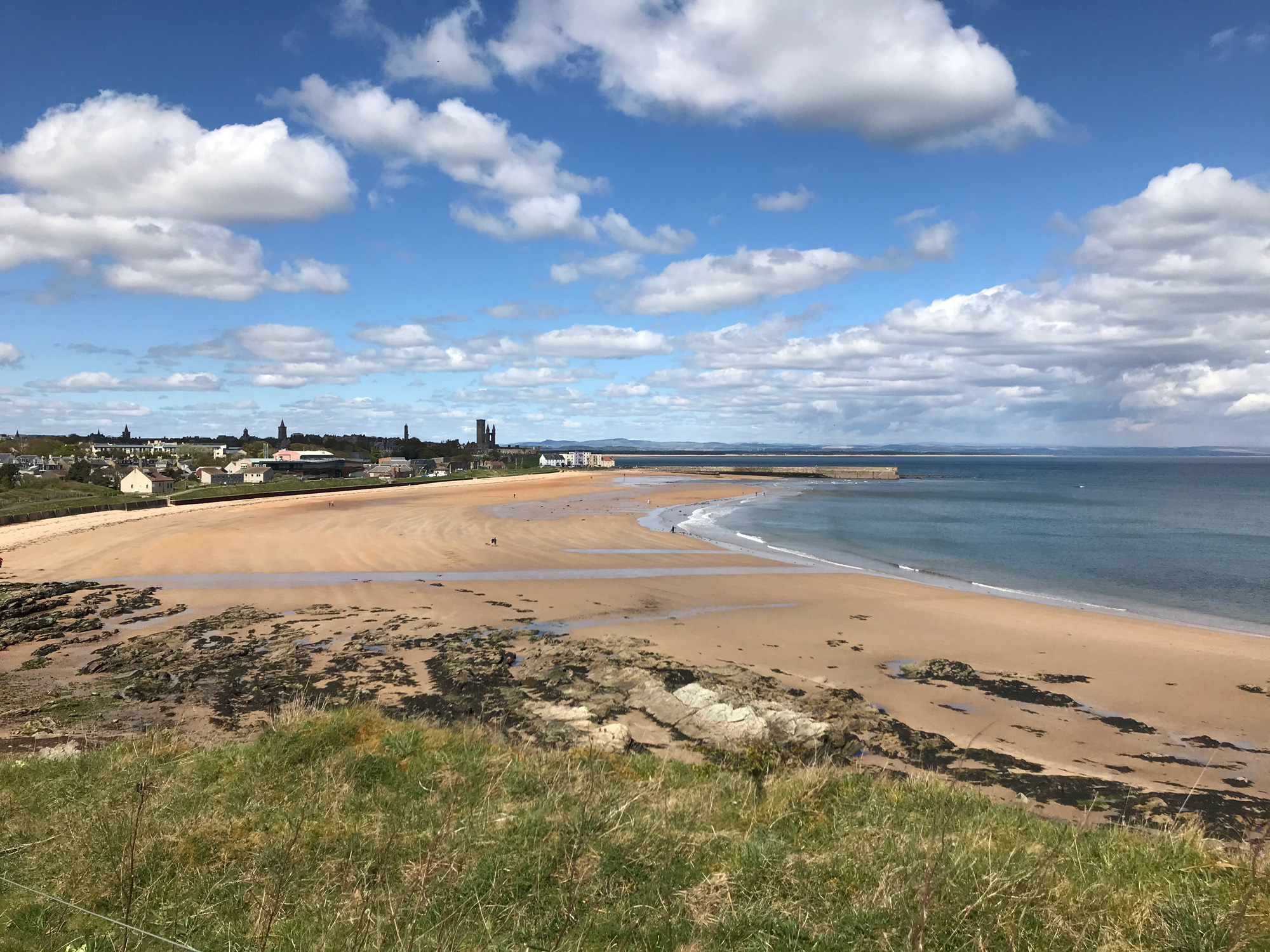
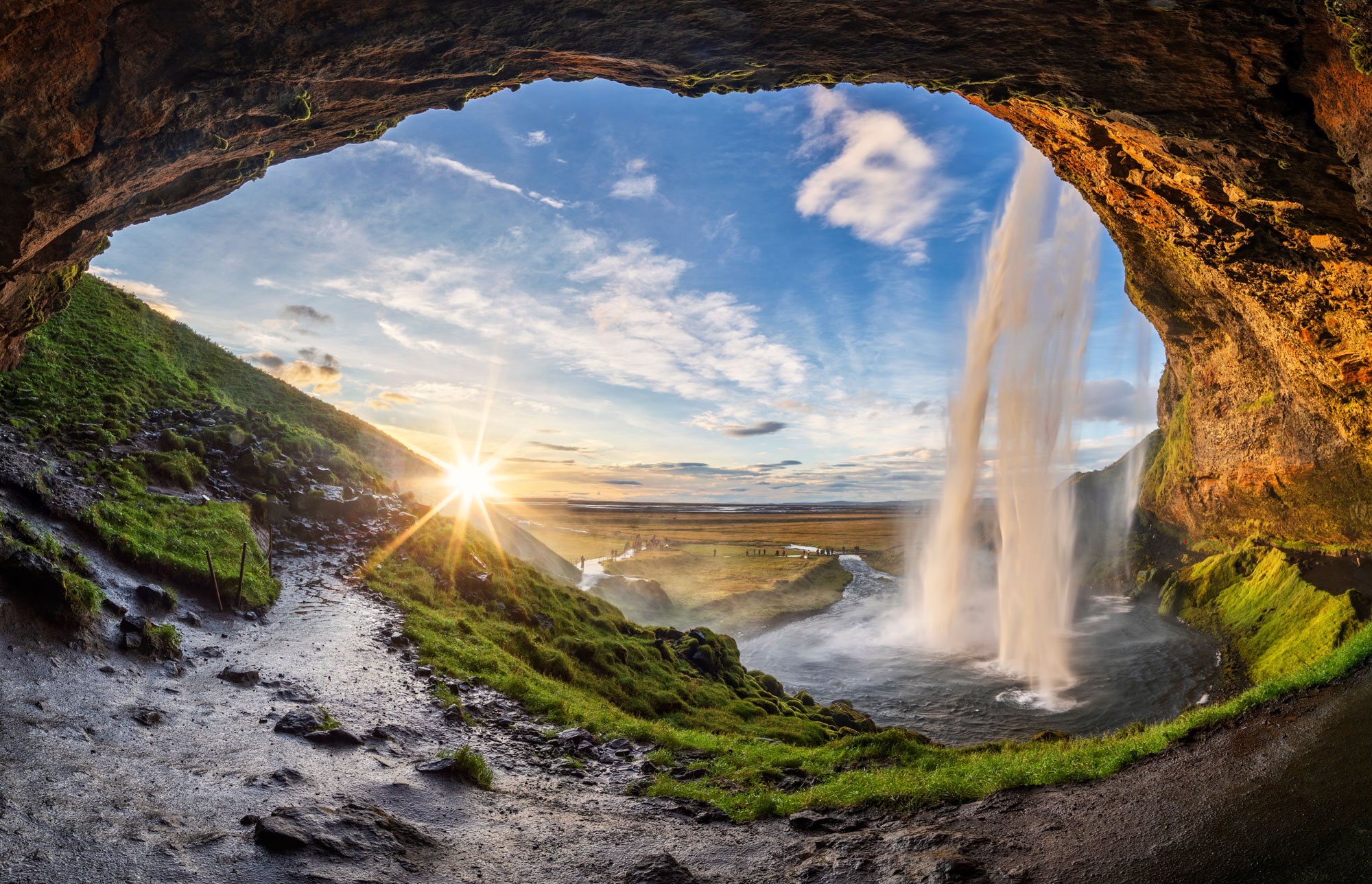
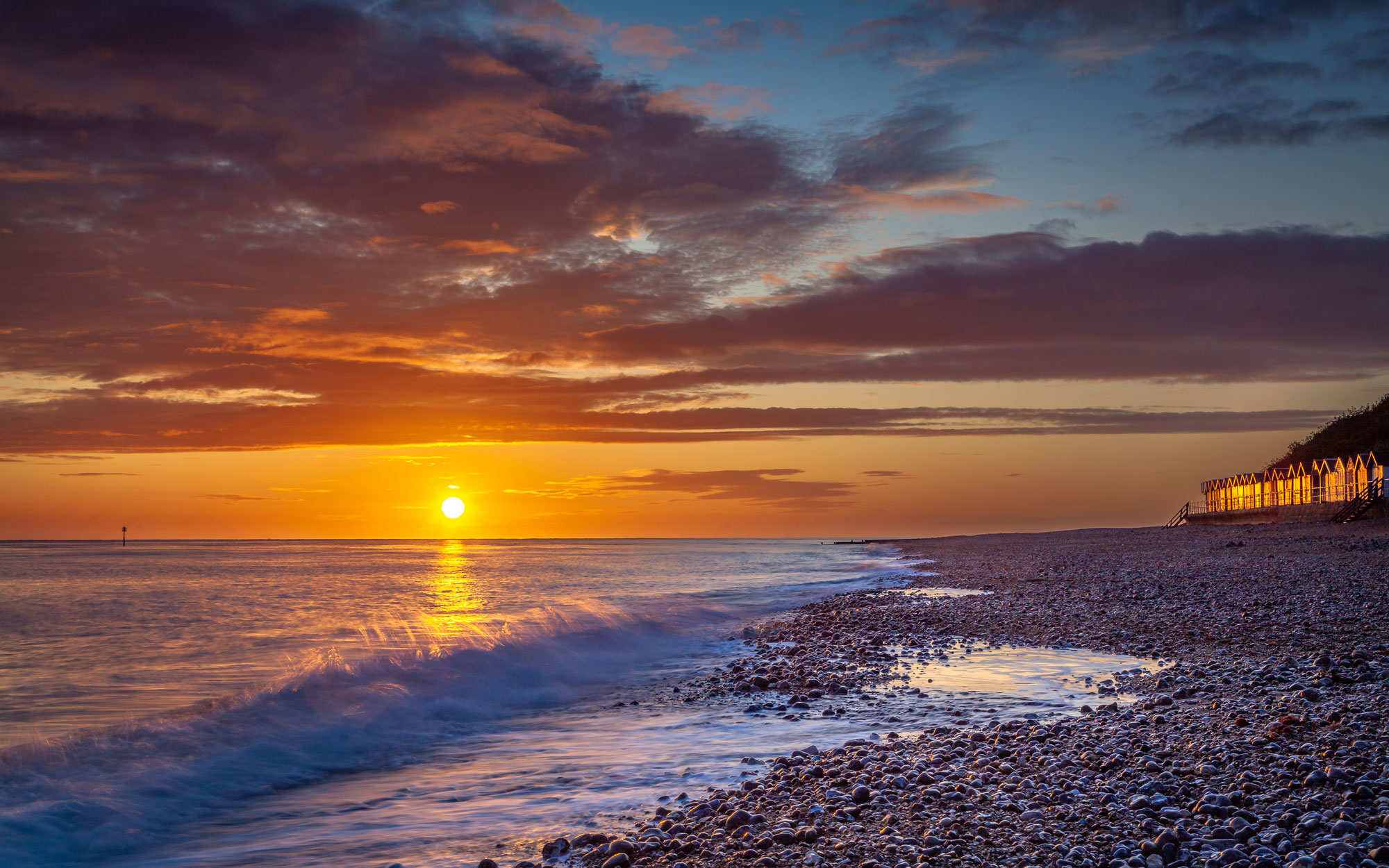

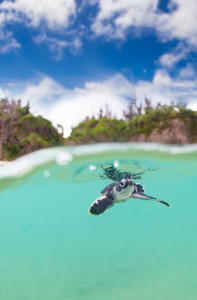
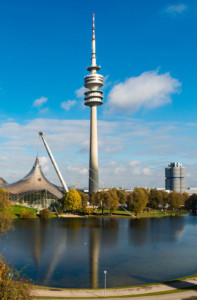
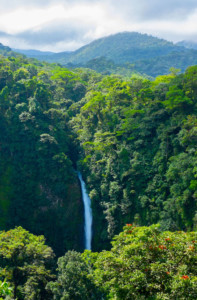
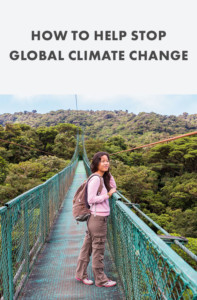
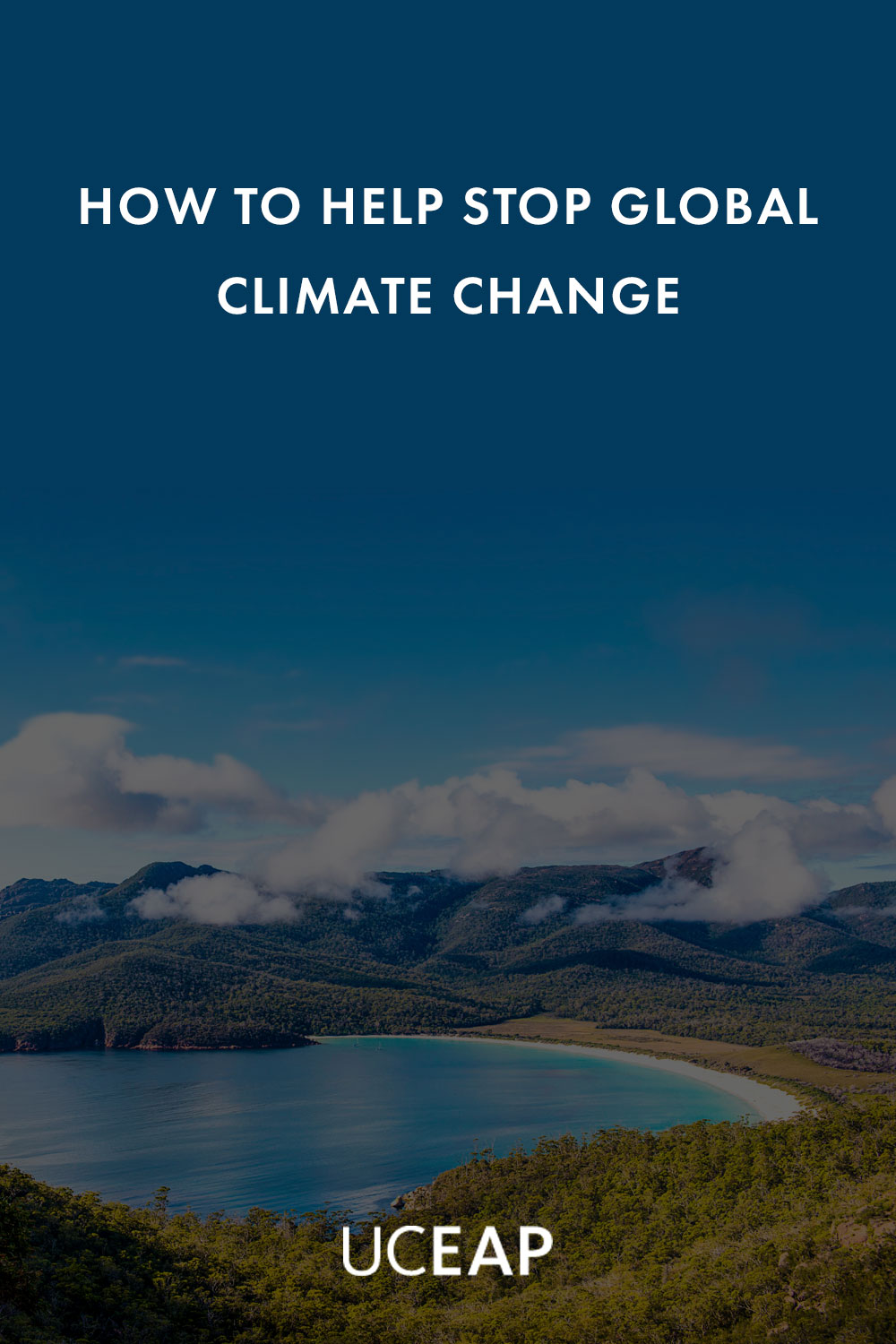
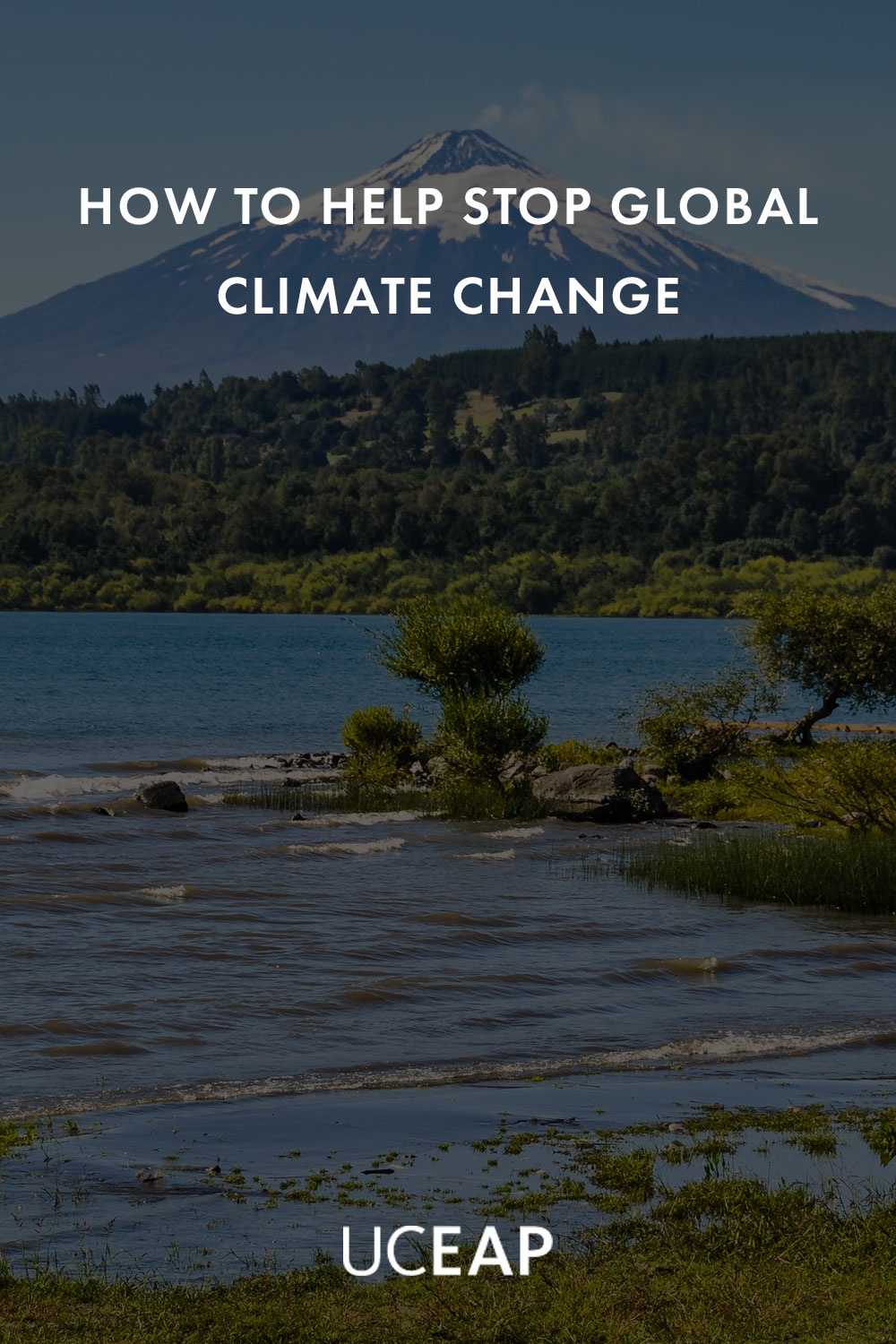
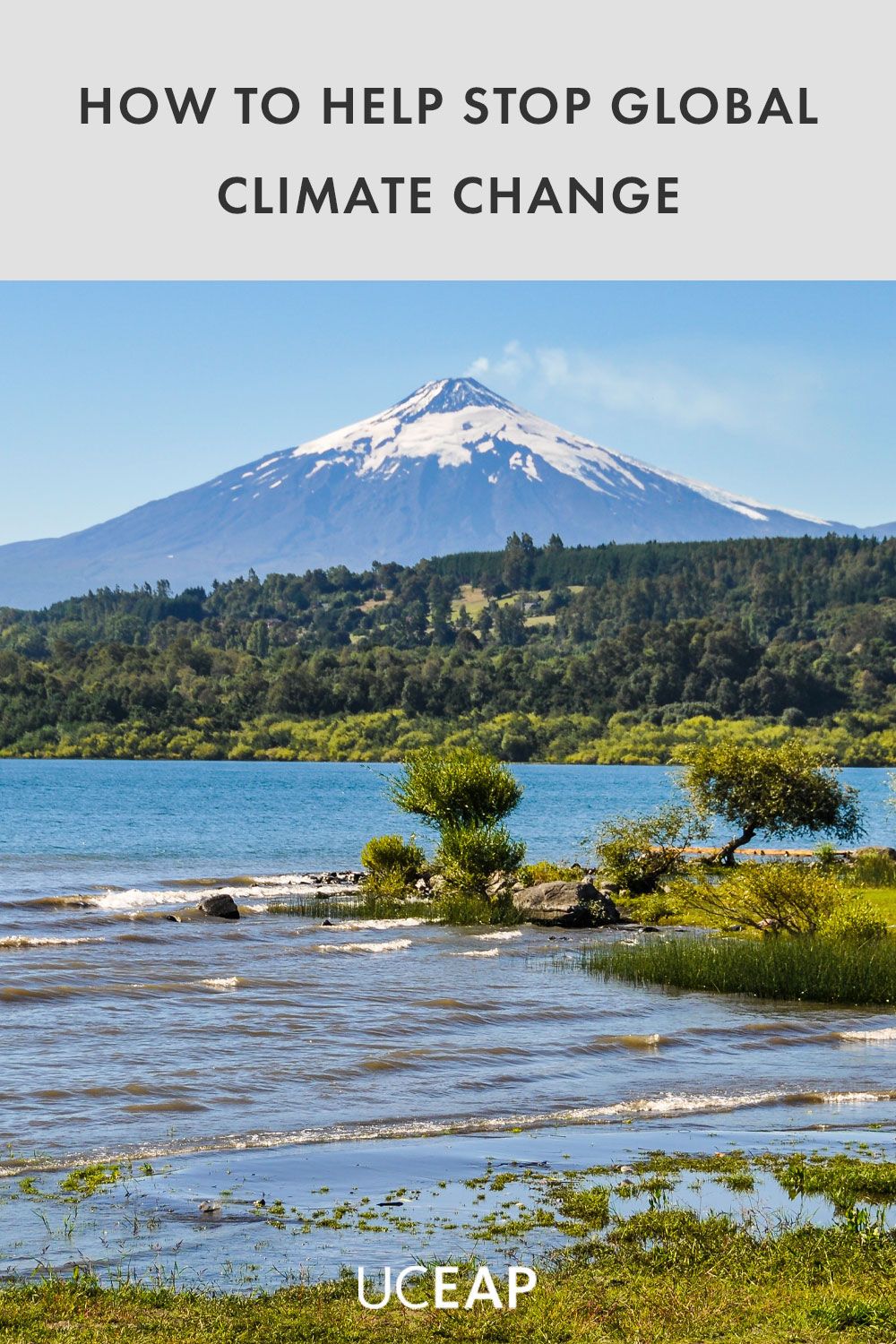
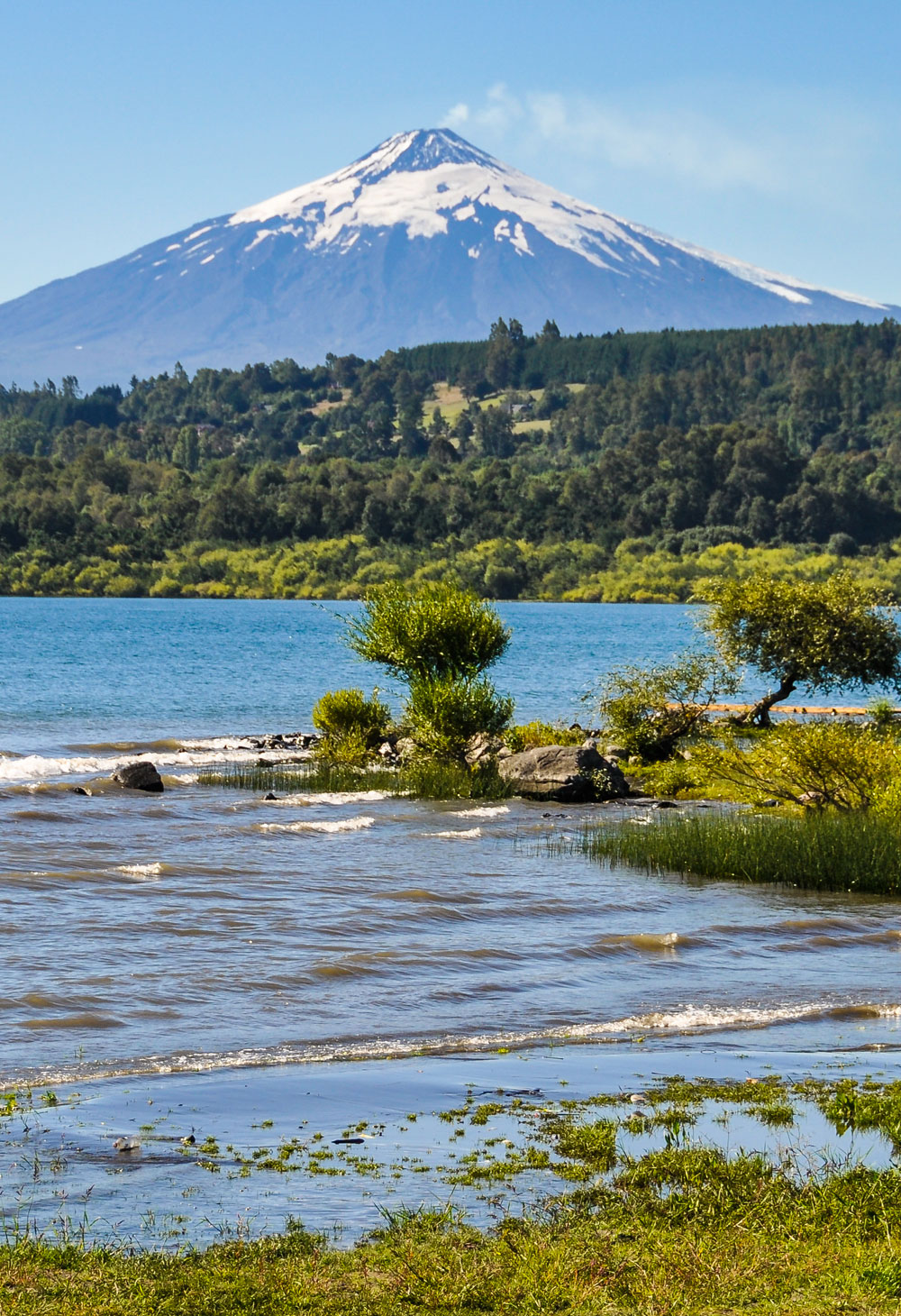
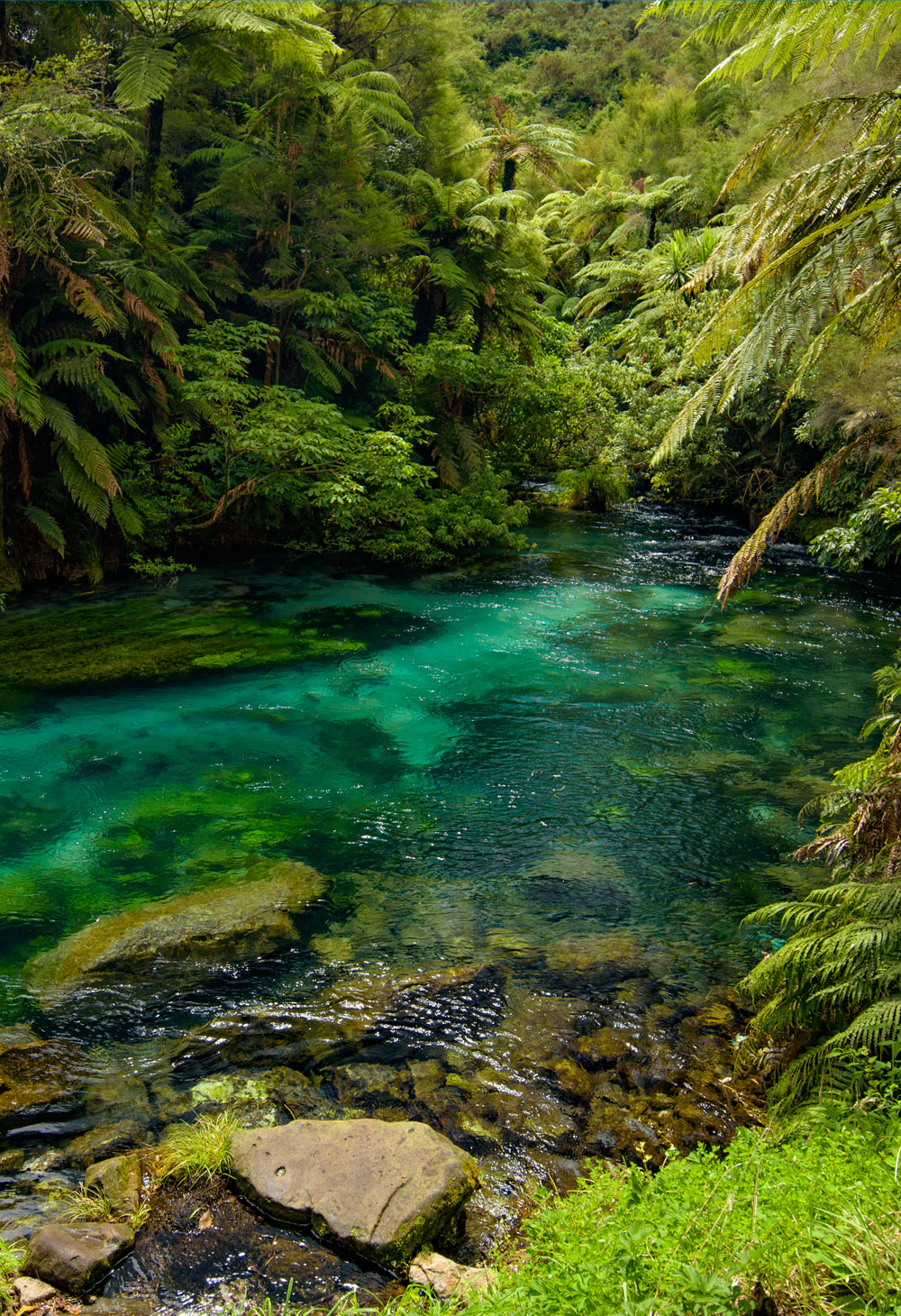
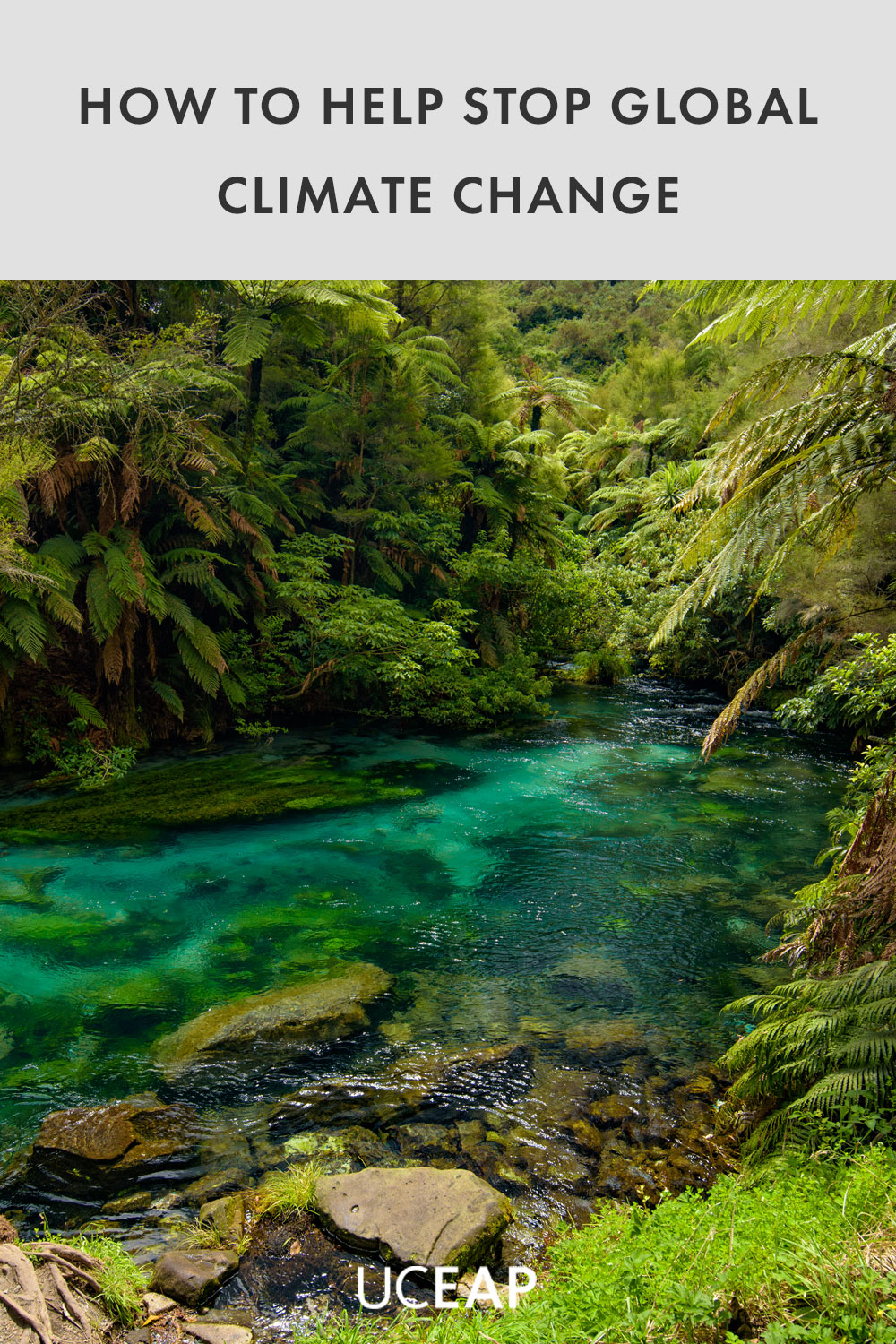
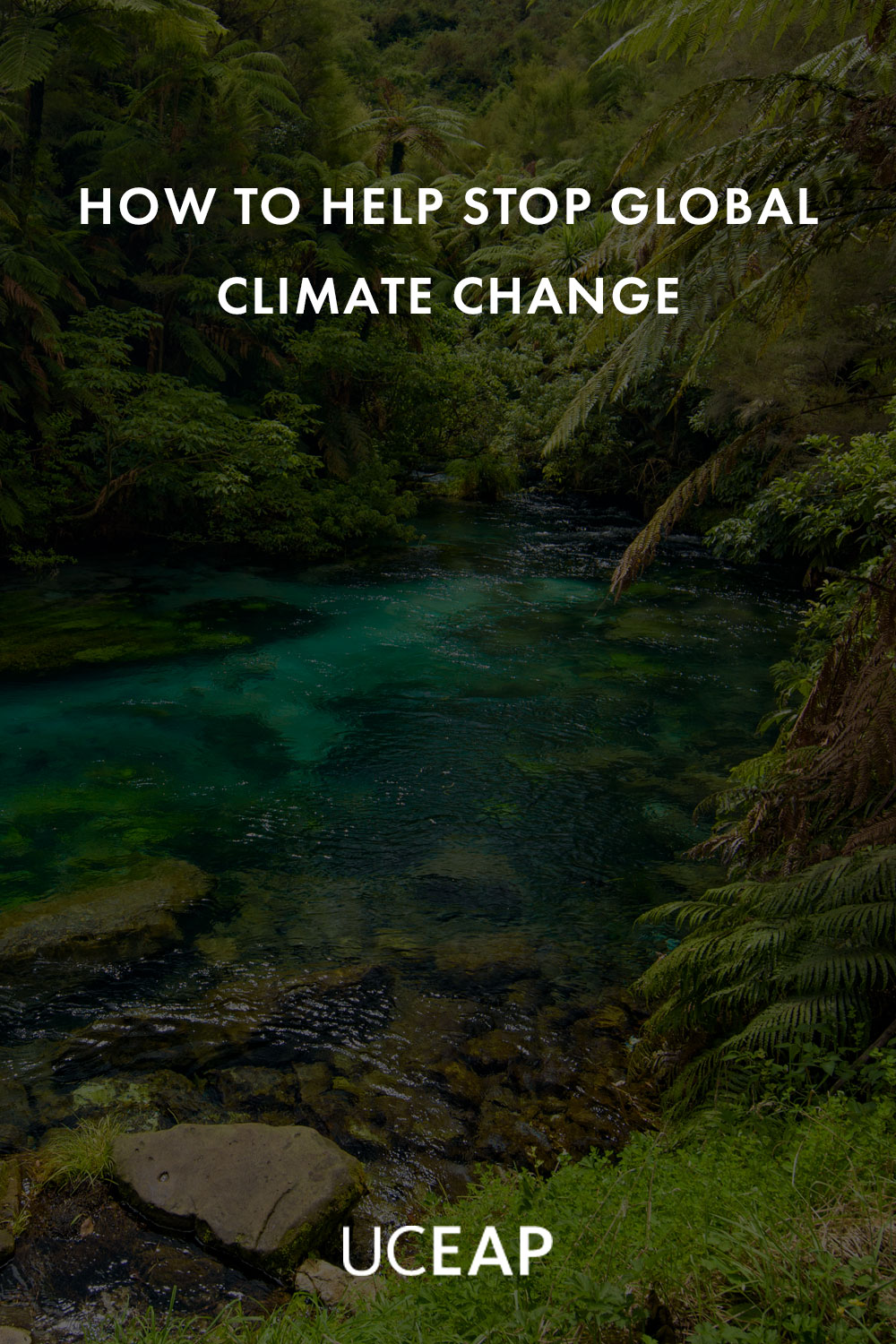
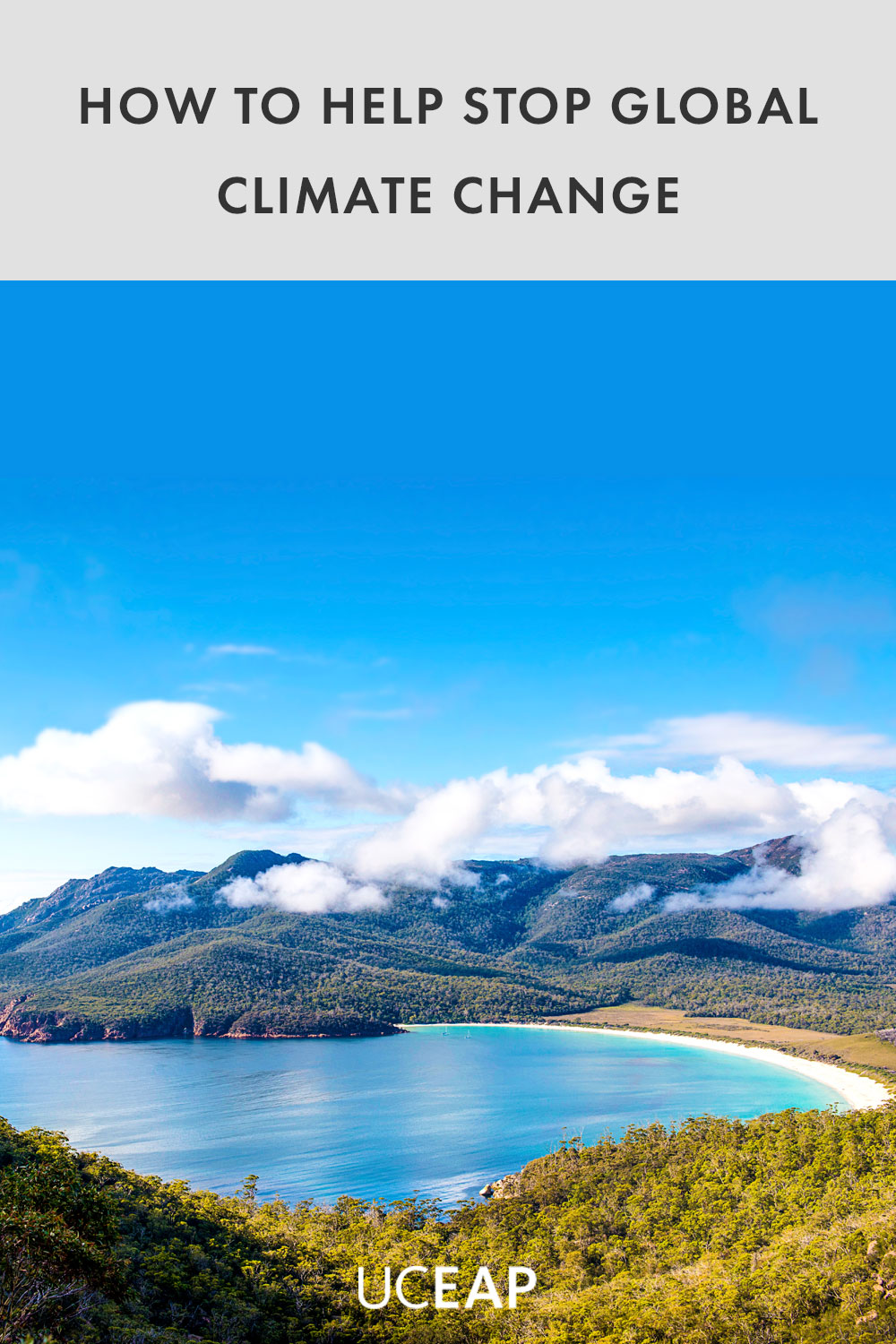
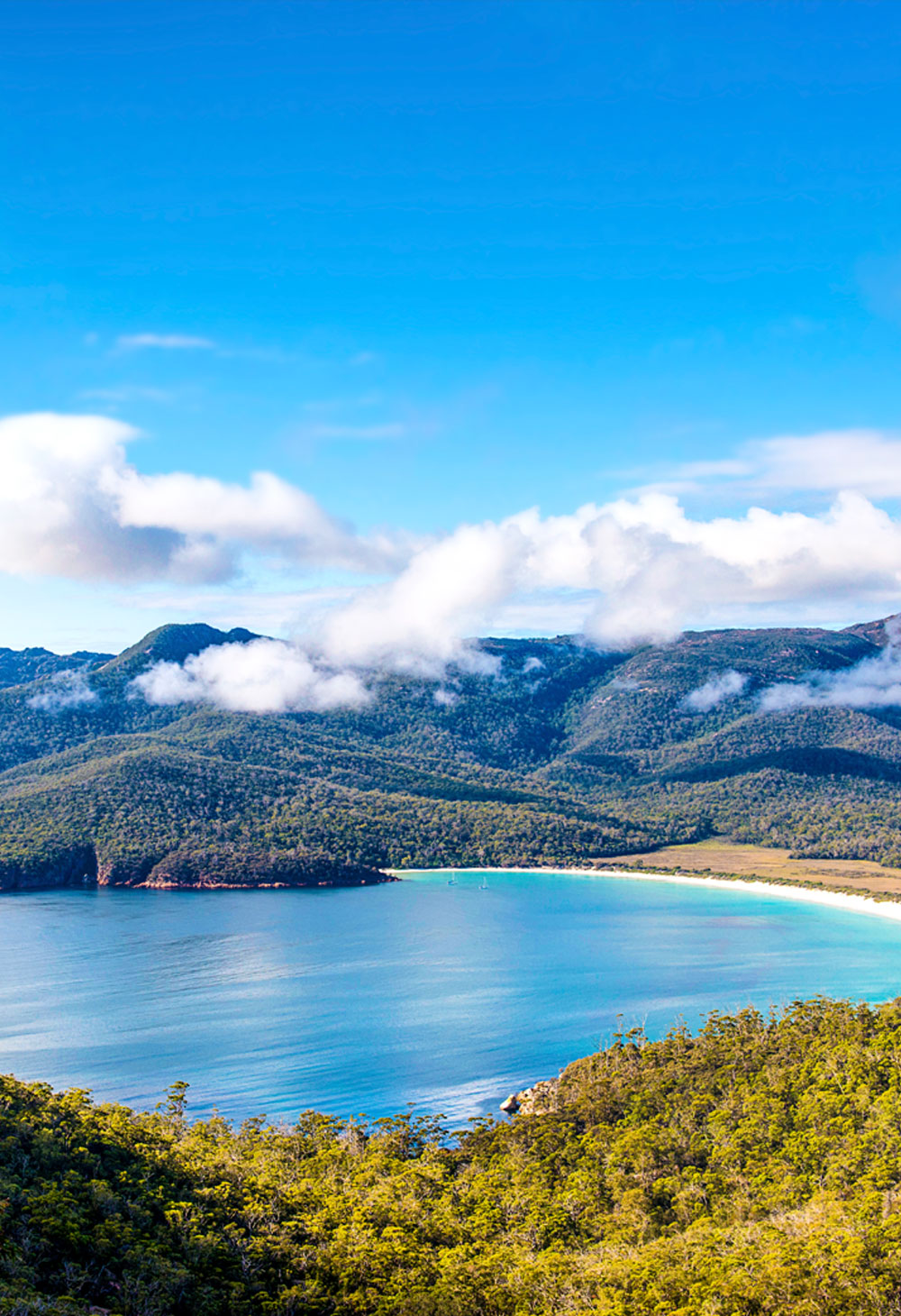
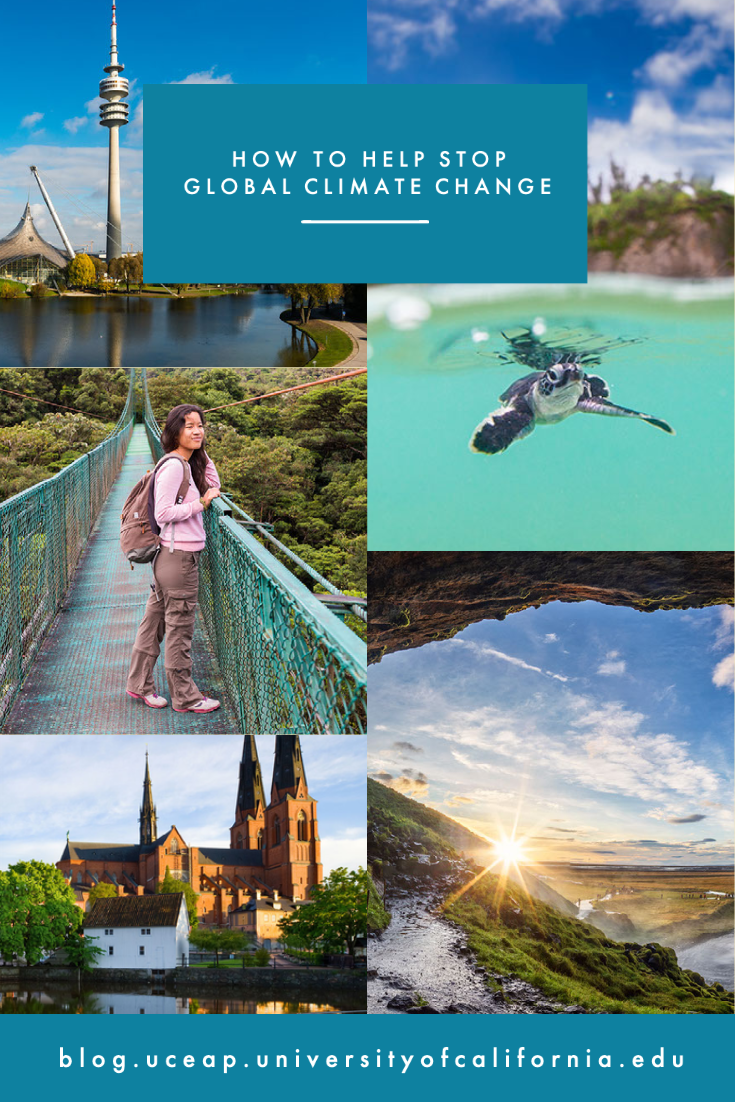
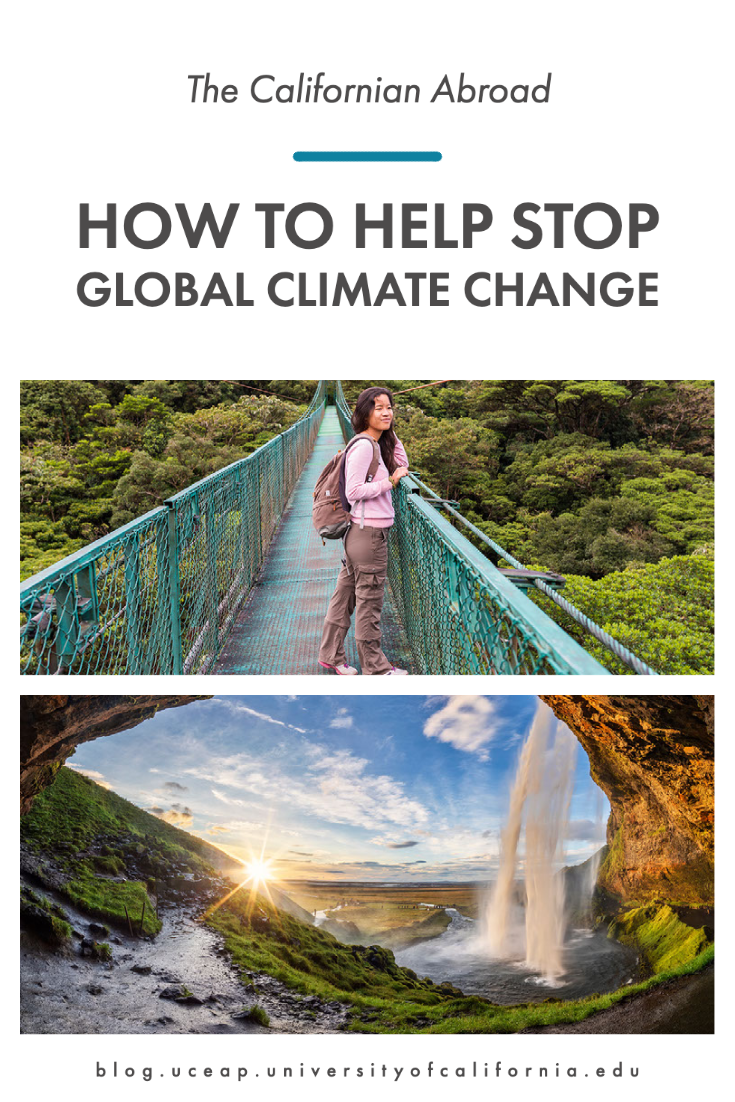
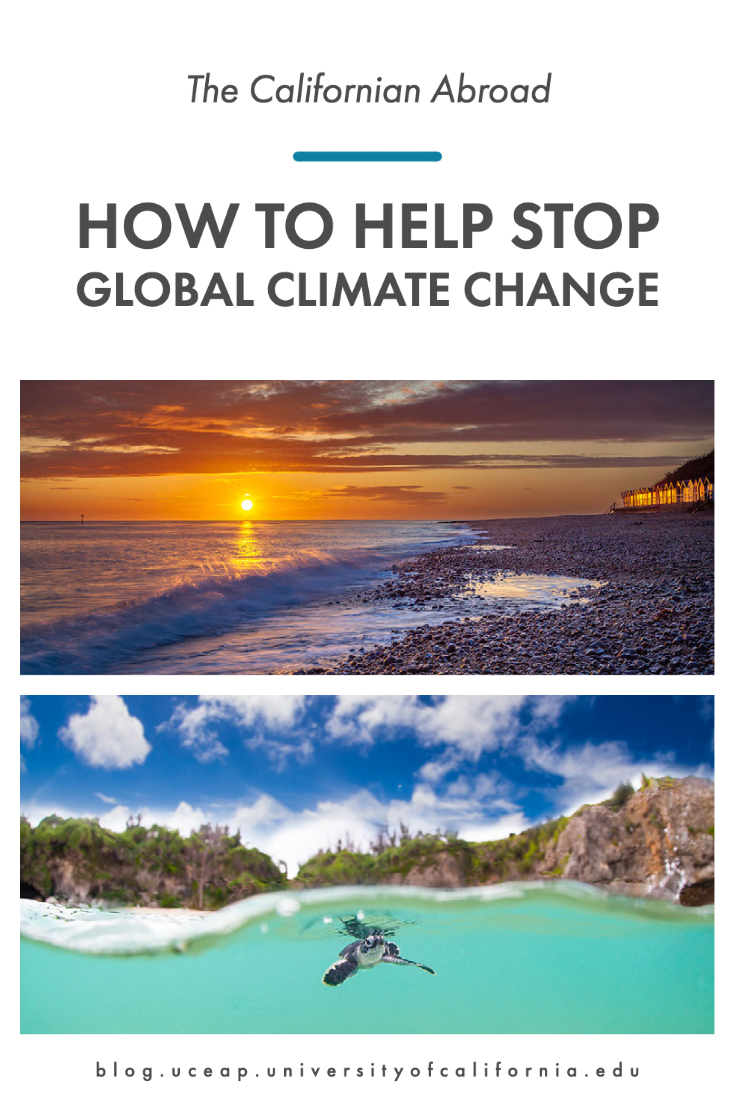
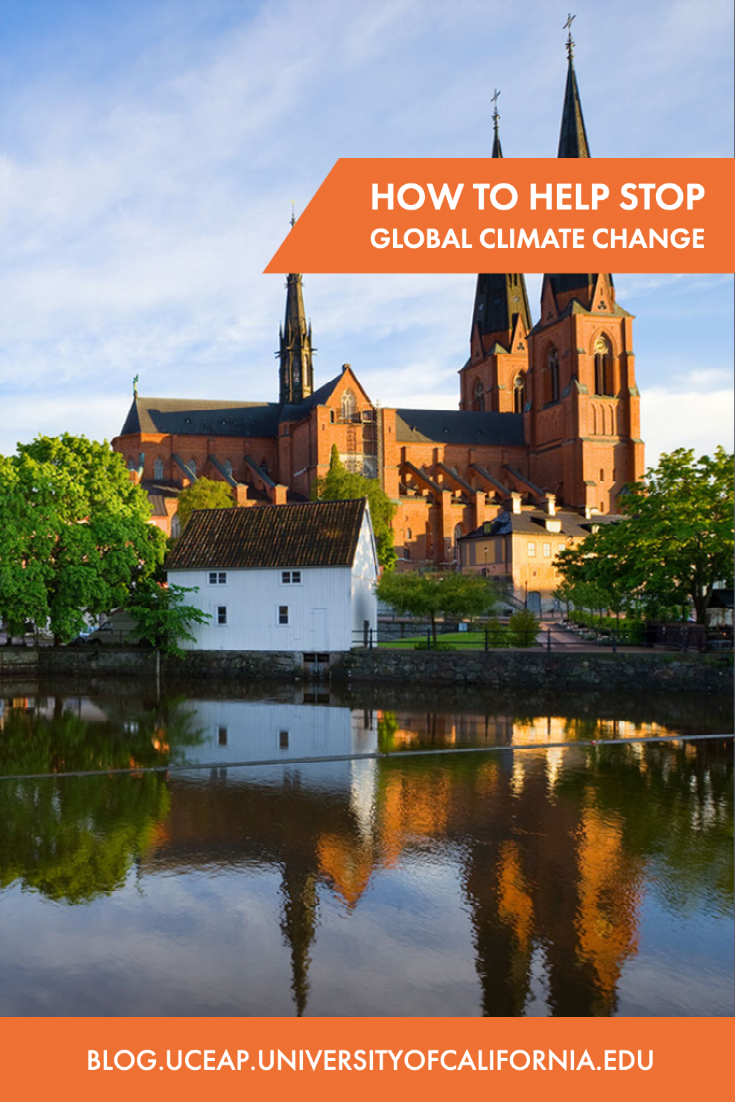
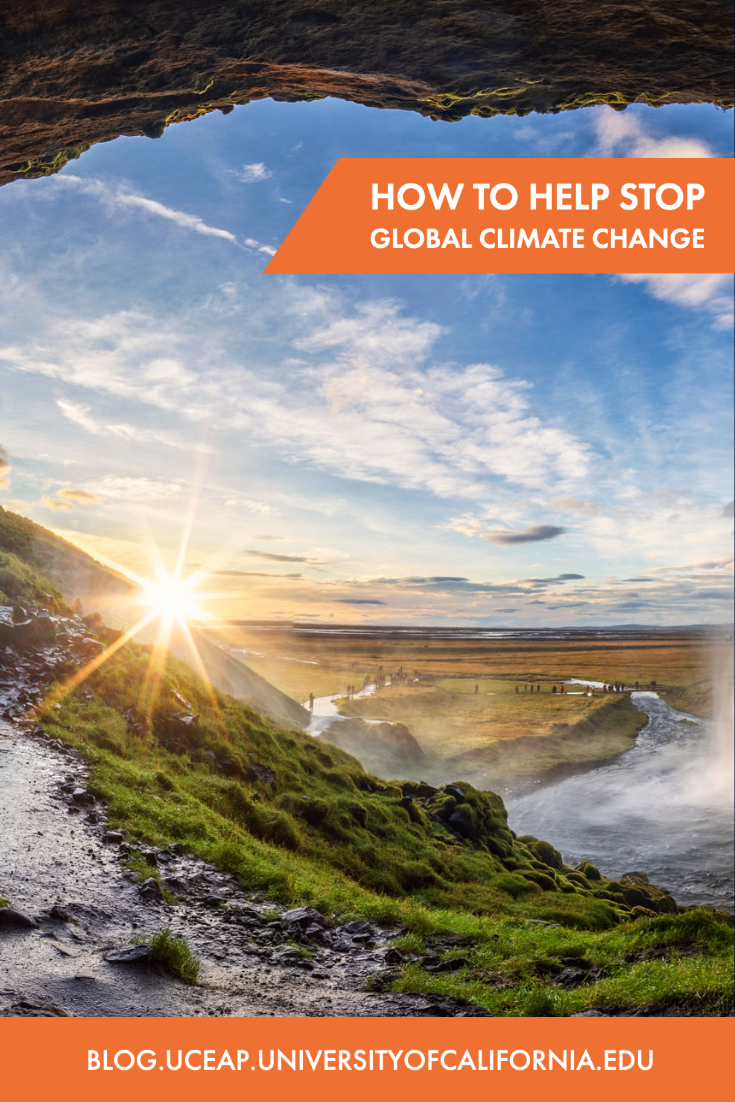
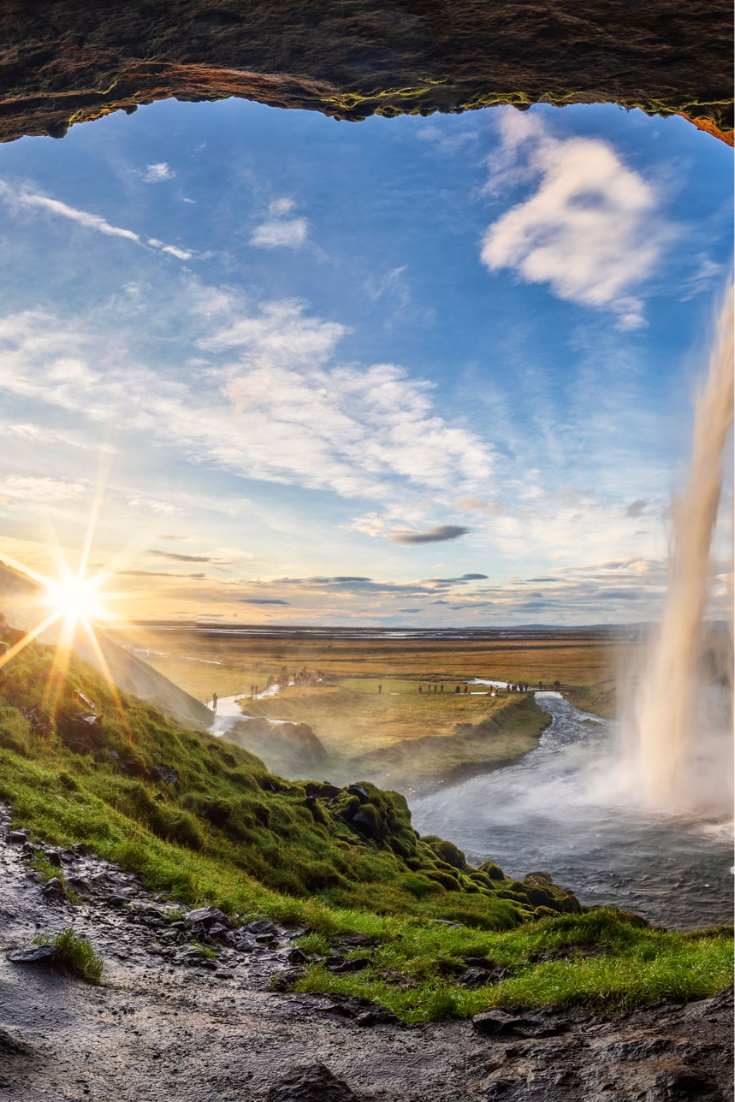
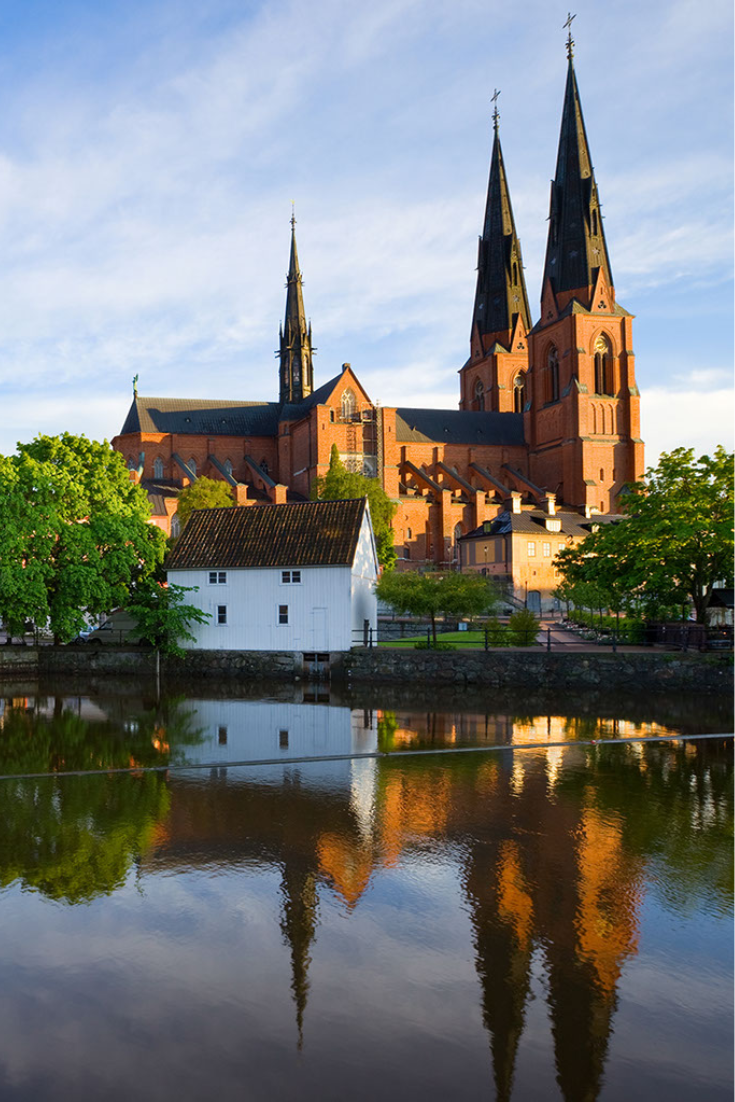
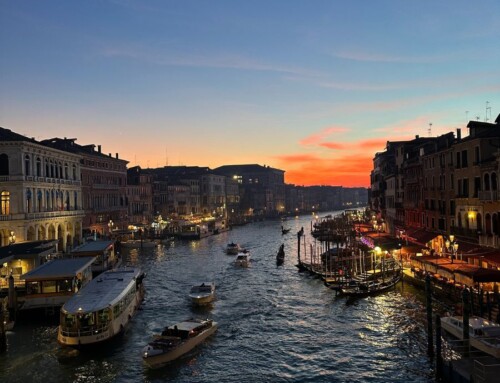
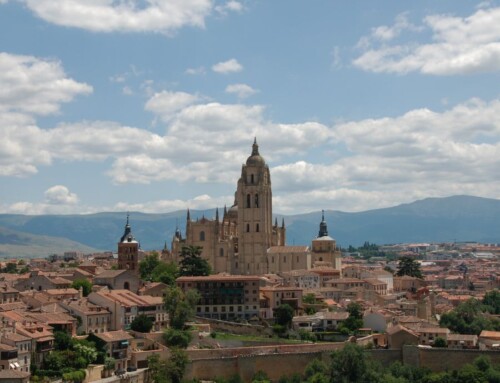
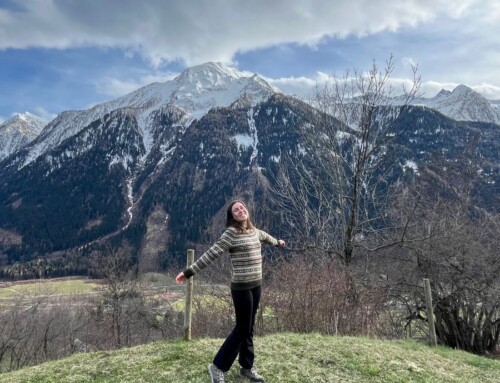



Leave A Comment